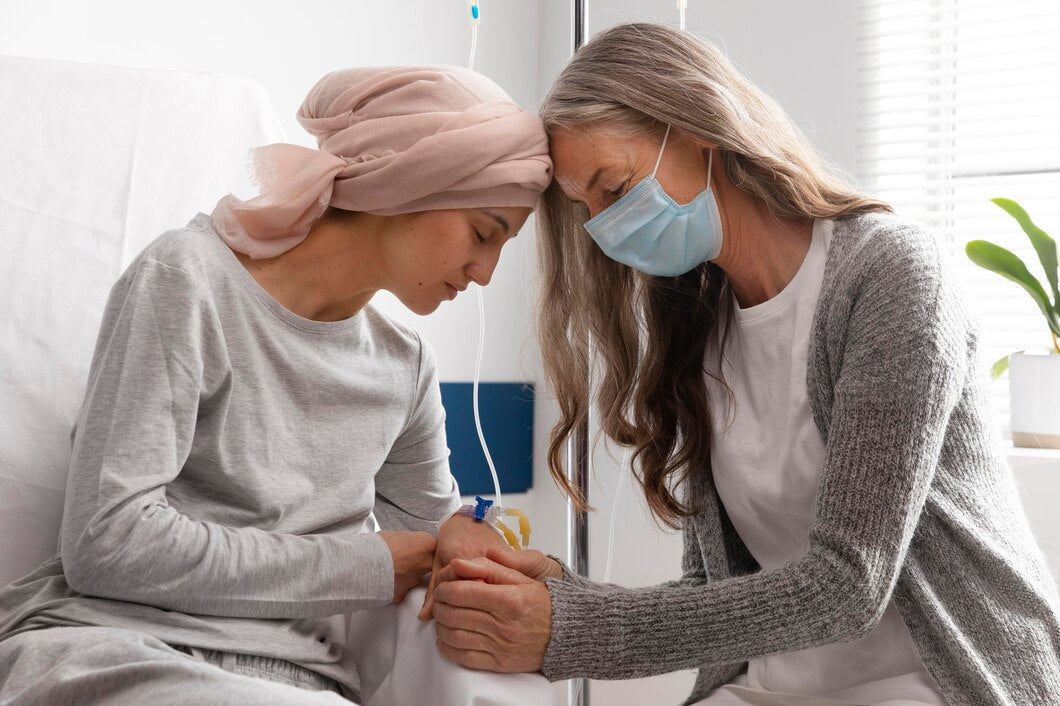Understanding Cancer Care Continuum
Cancer care is a complex, multi-stage process that starts from the identification of early warning signs and extends to successful treatment and beyond. This continuum encompasses preventive measures, timely diagnosis, effective treatment, and post-treatment care. Early detection can drastically improve the chances of survival and often involve non-invasive screening techniques such as imaging and genetic testing.
Early Detection
The significance of early warning signs cannot be overstated. Recognizing early symptoms such as unusual lumps, unexplained weight loss, or persistent coughs can be life-saving. Potential Nanomedicine in Cancer Treatment explores cutting-edge technologies aiming at early detection and treatment.
Timely Diagnosis
Timely and precise diagnosis forms the backbone of an effective cancer care plan. Advanced diagnostic tools such as immuno-assays and MRI scans have vastly improved accuracy and speed. However, the lack of accessibility to these advanced technologies in some regions poses a significant challenge.
Effective Treatments
Once a diagnosis is confirmed, personalizing the treatment strategies can significantly enhance efficacy. The role of epigenetics in cancer therapy provides insight into how tailored approaches can yield better results.
Surgery, Radiation, and Chemotherapy
Traditional treatments like surgery, radiation, and chemotherapy remain prevalent. Newer treatment modalities are continuously being researched to minimize the adverse effects. For instance, immunotherapy has shown promise in rallying the body's immune system to attack cancer cells with fewer side effects.
Post-Treatment Care
Treatment doesn’t end with surgery or the last round of chemotherapy. Post-treatment care, which includes regular follow-ups and lifestyle adjustments, is essential for monitoring recurrences and managing long-term side effects. An important aspect of post-treatment care is mental health support, ensuring patients adapt to their 'new normal.'
Importance of Lifestyle Adjustments
Changing lifestyles significantly reduce the risk of cancer recurrence. A balanced diet, regular exercise, and stress management are pivotal elements. The article on advancements in immunotherapy highlights ongoing strides to augment post-treatment care with fewer side effects.
Conclusion
Navigating the continuum of cancer care requires a holistic approach encompassing every stage from early detection to post-treatment. Advanced technologies and preventive measures play key roles in improving outcomes. Through continued research and a comprehensive care strategy, we edge closer to winning the battle against cancer.




